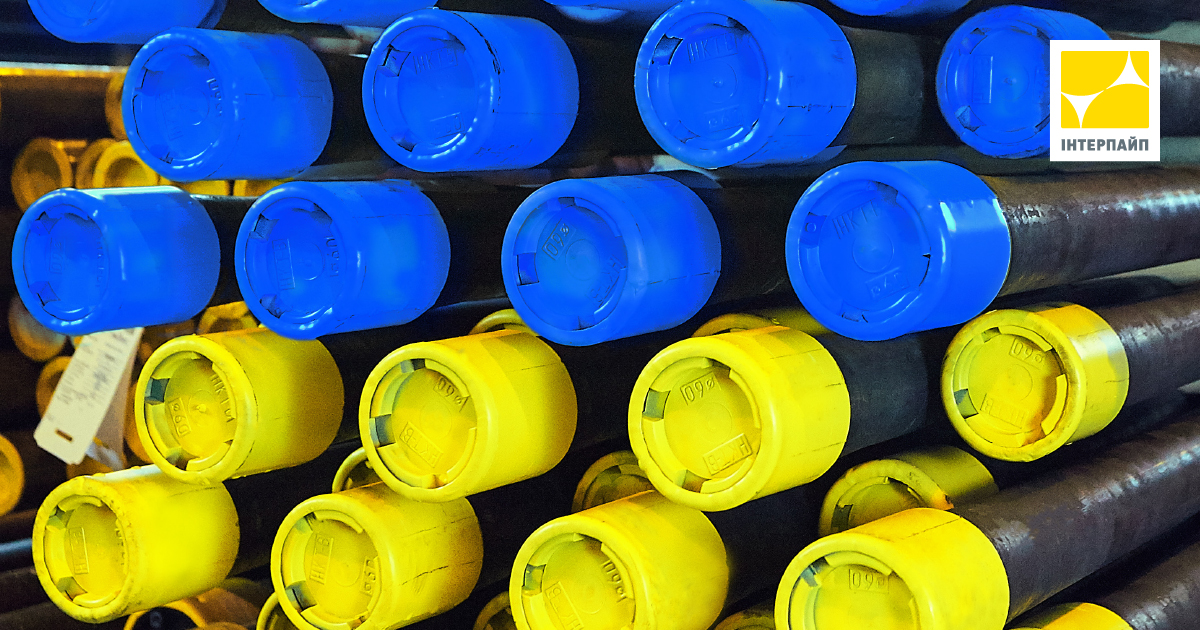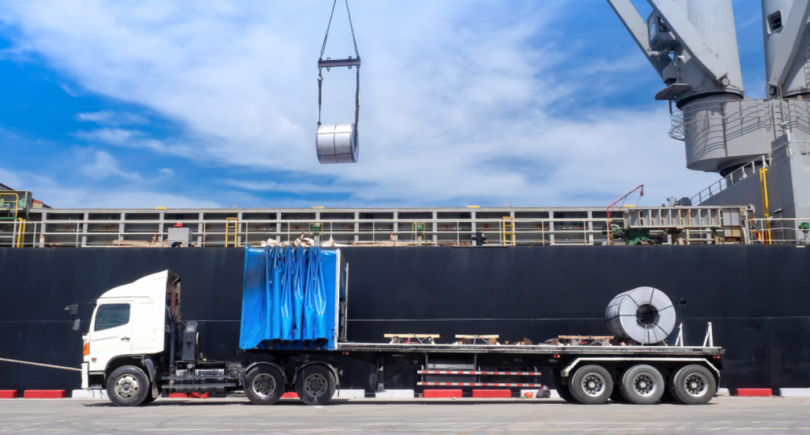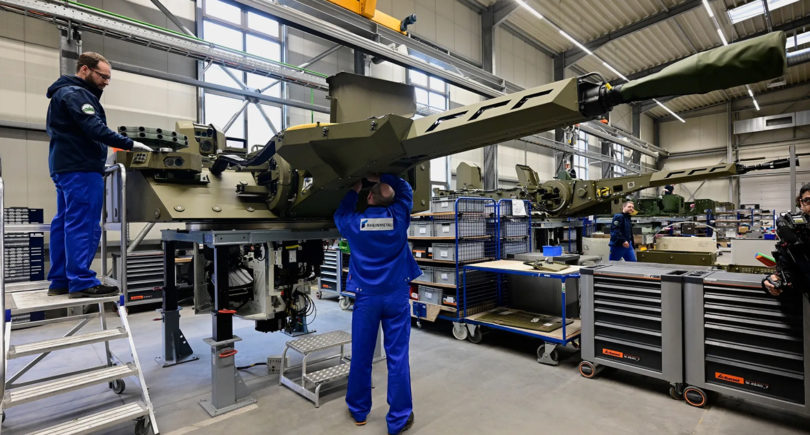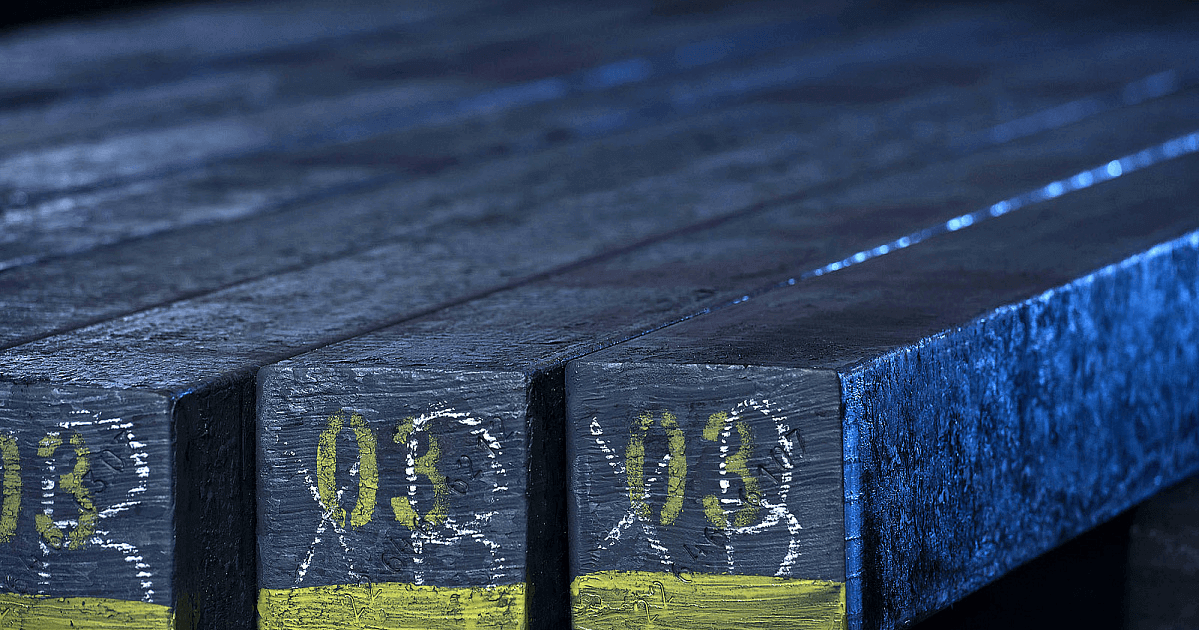
News Global Market Interpipe 709 14 April 2025
Despite the duties and quotas, the company has opportunities for growth in the US and European markets
The return of the 25% duty on steel imports to the US hits not only the Ukrainian industrial company Interpipe but also American consumers of steel pipes, as the domestic market in this country is in short supply. This was stated by Denys Morozov, First Deputy CEO of Interpipe, at the Business Wisdom Summit 2025.
“Our threaded connections are very popular in the US market, and our R&D team is currently finalizing the development of a new connection specifically for the needs of our growing number of customers. Therefore, the tariffs are a negative story for us,” he said.
Denys Morozov added that the duties imposed by the United States also jeopardize production at Interpipe Niko Tube’s pipe plant in Nikopol, which is officially recognized as a war zone. The plant seems to be in a vice-like grip – on the one hand, Russian shelling, on the other, Trump’s tariffs.
“But people are working and producing products, including for the US and the EU. The resilience of Ukrainians is really impressive,” he emphasized.
The First Deputy CEO of Interpipe noted that despite the threat of duties and quotas, the company has opportunities to maintain and grow in the American and European markets. First, the key factor is R&D: the development, mastering and production of new types of pipe products.
“For the 3 years we had duty-free trade with the EU, we made a lot of investments and mastered about 250 new types of products. “Interpipe has to develop and offer products that our competitors do not produce,” explained Denys Morozov.
The second advantage, he said, is the company’s plans to continue investing. For example, a new $40 million thermal treatment plant was built in Nikopol, which allows the company to offer new products with even more added value to its US customers.
Last summer, for the first time in its history, Interpipe began operating a vessel that it had taken on a time charter. This case proved to be positive not only in terms of transportation economics but also logistics management, says Olexiy Yanovsky, the company’s director of procurement and logistics, in an article for GMK Center.




